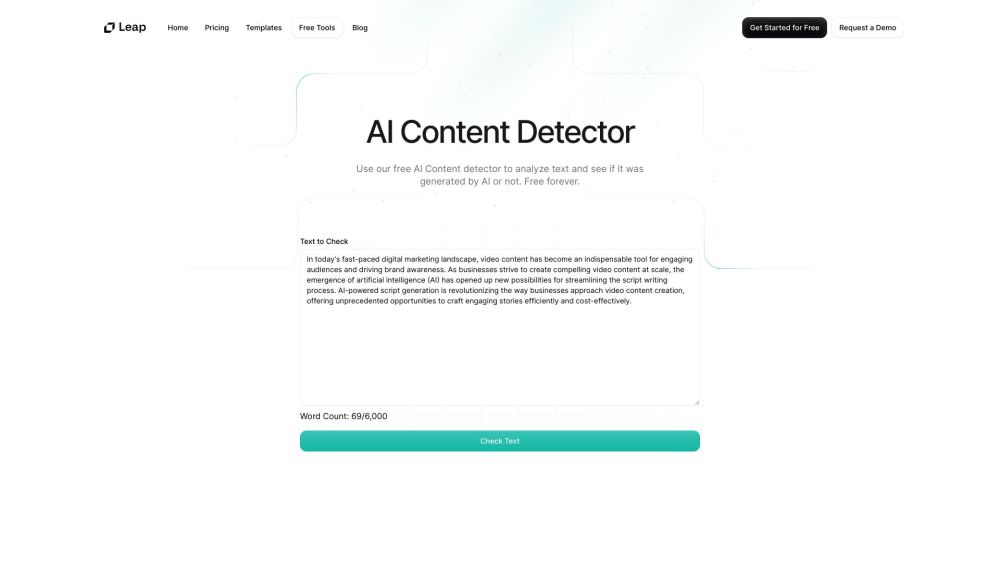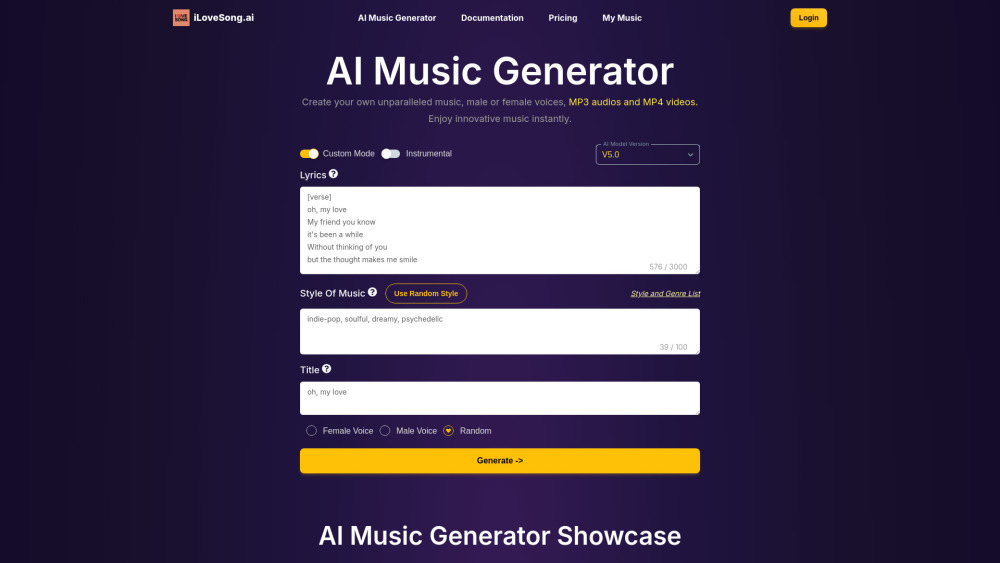Another week has brought a flurry of significant funding rounds and eye-popping valuations in the dynamic world of AI.
DeepL, an innovative startup specializing in AI language translation, recently secured $300 million, bringing its valuation to $2 billion. Meanwhile, Scale AI, a platform focused on data labeling for machine learning models, attracted a whopping $1 billion, nearly doubling its valuation to $13.8 billion. Additionally, H, a burgeoning French startup developing its own frontier models, raised an impressive $220 million in a seed round at an undisclosed valuation, likely elevating it into unicorn status.
While traditional institutional investors like Accel, Index, and Y Combinator are heavily involved, these latest investments starkly highlight the corporate rush to engage with the AI sector while navigating regulatory scrutiny.
The Emergence of Corporate Players in AI Investing
Take Scale AI, for instance, which had primarily targeted institutional and angel investors since its inception in 2016 until its Series E round in 2021. For the Series F, not only did familiar faces return, but notable corporate giants including Meta, Amazon, Nvidia, and the VC arms of Intel, AMD, Cisco, and ServiceNow joined the fray.
Coinciding with Scale AI’s announcement of its substantial Series F funding, H also revealed its new backers: Amazon, Samsung’s VC branch, and UiPath, a leading automation software company valued at $10 billion.
The increased corporate investment in AI startups has been a prominent theme over the past couple of years, exemplified by Microsoft’s close partnership with OpenAI, the creator of ChatGPT. This collaboration has caught the attention of antitrust regulators in both the European Union and the U.K. They are closely monitoring what some believe is a new “quasi-merger” strategy, where Big Tech seeks to gain control and influence over emerging technologies without outright acquisitions. Tactics include hiring teams from founding startups or making strategic investments.
Microsoft reportedly holds a 49% stake in OpenAI, which could raise questions for European regulators once their initial inquiries conclude—regardless of whether Microsoft has voting rights within OpenAI.
Anthropic may be stepping into a similar scenario. This three-year-old company has raised over $7 billion from various investors, including corporate entities like Google, SAP, and the venture arms of Salesforce and Zoom. Of particular note, Amazon has contributed more than half of Anthropic’s total fundraising, finalizing a $4 billion investment in March. This backing hasn’t granted Amazon a controlling stake, mirroring Microsoft's position with OpenAI, yet the U.K.'s antitrust regulator, the CMA, confirmed last month that it is examining the deal for potential antitrust implications.
Simultaneously, the CMA is scrutinizing Microsoft's recent acqui-hire of Inflection AI, occurring a year after Microsoft became its primary investor. This strategic move saw Microsoft bringing on board Inflection's founders and key talent to spearhead a new consumer AI division, leading to a leaner Inflection focused on enterprise solutions.
The CMA has also investigated Microsoft’s $16 million investment in French AI startup Mistral but concluded the deal didn’t warrant further scrutiny due to its relatively modest size.
“The CMA has reviewed information provided by Microsoft and Mistral AI, as well as feedback from interested parties,” a CMA spokesperson stated. “The evidence indicates that Microsoft does not exert significant influence over Mistral AI due to this partnership, and thus it does not qualify for investigation.”
While Nvidia has not traditionally been classified alongside the 'Big Tech' giants mentioned, it has emerged as a key player in the AI boom. The company’s valuation skyrocketed from $770 billion a year ago to over $2.5 trillion now, making it the third most valuable company worldwide, following Microsoft ($3.17 trillion) and Apple ($2.87 trillion), and surpassing Meta ($1.18 trillion), Amazon ($1.88 trillion), and Alphabet ($2.15 trillion).
Nvidia has invested in AI startup Hugging Face alongside Amazon, Google, Qualcomm, and Intel. Furthermore, Nvidia has made strategic investments in a number of AI startups including Cohere, Perplexity AI, Inflection AI, Cohesity, Mistral AI, Weka, Wayve, and several others.
As Big Tech ramps up its investments in AI startups, the strategy appears to center on acquiring smaller equity stakes to potentially garner regulatory favor. However, it's essential to recognize that these influential players can exert various forms of power over these startups, given their status as stakeholders.




